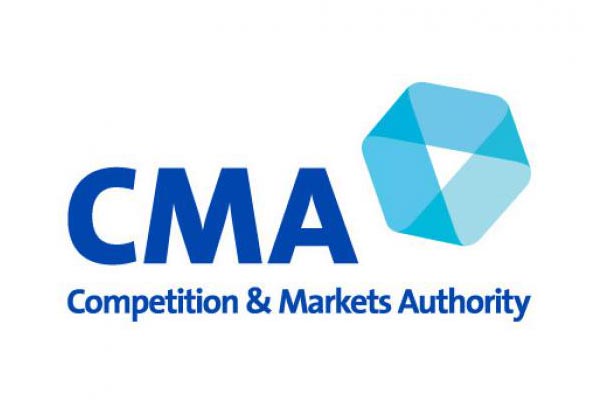The Competition and Markets Authority (CMA) has voiced strong concerns over proposed adjustments to the Package Travel Regulations (PTRs).
These changes, spearheaded by the Department for Business and Trade, could have unforeseen repercussions on consumer protection and industry competition.
Concerns Over Regulatory Changes
The Competition and Markets Authority (CMA) has raised concerns about potential reforms to the Package Travel Regulations (PTRs) by the Department for Business and Trade (DBT). These reforms, described as some of the most radical, may lead to “unintended consequences,” according to the CMA. Notably, the proposal to exclude UK domestic packages from protection and implement a price threshold has been critiqued for potentially weakening competition and resulting in poorer consumer outcomes.
Consumer Protection and Competition
The CMA highlighted the critical role of consumer protection within the travel sector, noting that the high level of protection offered by packages influences consumer choice. Removing protections could drive consumers towards alternatives, altering the sector significantly. Additionally, any dilution of insolvency protection may increase the costs associated with repatriation and redress, complicating enforcement of consumer protections and potentially leaving travellers with fewer safeguards than their EU counterparts.
Potential Confusion for Consumers
Proposed changes to the regulations could generate substantial confusion. The CMA warned about a cost threshold leading to complications in compliance, potentially allowing operators to exploit loopholes. This could put vulnerable consumers at risk of unexpected costs, especially if operators manipulate refund policies. Ensuring clarity and straightforwardness in regulations is crucial to prevent consumer misunderstanding and ensure equitable treatment across the board.
Linked Travel Arrangements and Service Clarity
The authority supports the inclusion of Linked Travel Arrangements (LTAs) within the definition of a package, aiming for uniform protection standards. Current rules, which incentivise operators to add services incrementally, create ambiguities. By clearly defining the services covered under the PTRs, consumer expectations can be managed more effectively, reducing potential disputes. The CMA also advocates for clear communication regarding which tourist services fall under the PTRs.
Pandemic Refund Challenges
The COVID-19 pandemic revealed significant weaknesses in how refunds are managed, prompting the DBT to propose delayed refunds under ‘extenuating circumstances.’ The CMA requests a precise definition for these circumstances to avoid ambiguity. The pandemic also exposed enforcement challenges, especially between operators and transit providers like airlines, suggesting the need for better contractual arrangements beyond regulatory interventions.
CMA’s Recommendations and Insights
To ensure robust protection, the CMA recommends integrating LTAs into the existing PTR framework and suggests enhancements to the clarity of service coverage, helping eliminate grey areas looming over the industry. They stress the importance of clear, enforceable contracts amongst operators to resolve disputes outside of regulatory frameworks, advocating for a streamlined approach without compromising consumer rights.
Looking Forward
As discussions about regulatory reforms continue, it is crucial for stakeholders to consider the implications for both the industry and consumers. The CMA’s insights are invaluable, providing a detailed understanding of the potential risks and benefits associated with the proposed changes. By addressing these concerns, the industry can aim for reforms that enhance consumer protection while supporting fair competition.
In conclusion, the proposed reforms to the Package Travel Regulations pose significant challenges and opportunities. The CMA’s cautionary advice highlights the need for careful consideration to maintain robust consumer protection while ensuring a competitive environment. By aligning regulation changes with the realities of the industry, stakeholders can work towards balanced solutions that prioritise both consumer safety and market health.

